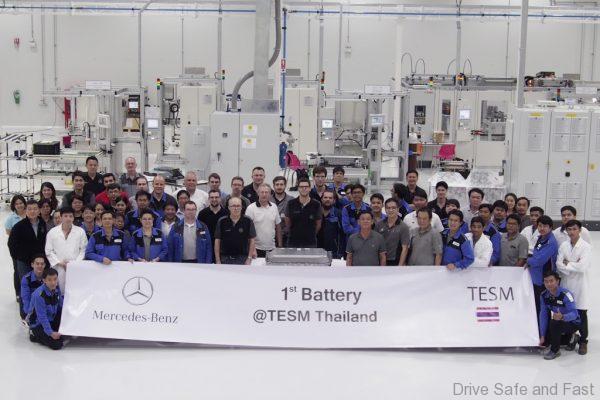The local automotive landscape will change in the coming years, and not just because of electrification. Malaysia once had a thriving industry of locally-assembled vehicles, but in the last few years, many non-national brands have decided to opt for fully-imported vehicles rather than local assembly. Take Hyundai, for instance. The Kona, Sonata and Elantra all come fully-imported from Korea where they have in the past done CKD for high volume sellers. Even Toyota have moved away from CKD for the Corolla Altis and Camry, which now come fully-imported from Thailand. Additionally, we have the Subaru Forester that comes from the Land of Smiles after Subaru established a major manufacturing facility there. But these are just minor changes in the industry – the real wave will be coming soon.

Down in Indonesia, we’ve heard news that Hyundai Motor will be setting up a state-of-the-art manufacturing plant that covers 8.35 million square feet. This US$1.55B investment from the South Korean auto conglomorate is certainly a sign that we’re no longer looked at as the most or even 2nd most attractive investment option in the region. Not only are we falling behind Thailand, but it looks like Indonesia too has now overtaken us too!

The factory should be able to produce cars by the 2nd half of next year, and with enough time, Hyundai say they’ll be able to produce 250,000 units annually there with ASEAN-specific EVs eventually being made there too. That’s over 20,000 jobs that could have gone to Malaysians!

Singapore too will be getting a plant from Hyundai. Being a developed country with expensive land and high costs, this factory is considerably smaller at just 473,612 square feet. However, it’s being planned as an Innovation Centre with EV production capability rather than an all-out car factory. At this rate, we’ve lost out to both Indonesia and Singapore with regards to South Korean investments in the automotive sector.

Finally, we heard news that Mercedes-Benz had plans to integrate their Thai factory into their global battery production network. The Thonburi factory in Thailand went from PHEV battery production in December 2019 to being approved for EV battery production in December 2020 despite a global pandemic and on-going protests in the Thai capital.

With all these major investments in other South East Asian countries, we really have to ask ourselves what’s happening and who’s to blame. Yes, Malaysia doesn’t have the largest volume of car sales in the region, but neither does Singapore or Thailand. Malaysia can produce Apple hardware but loses out to Thailand for battery production? Something tells me there’s an organisation in charge that isn’t doing what they’re supposed to do.